Justin Bieber’s sale of the copyrights to approximately 290 songs released by December 31, 2021 for $200 million has become a hot topic. What is the background behind musicians aggressively selling copyrights in recent years? Some musicians have sold their copyrights for even more money than Justin.
Justin Bieber sold the copyrights to his songs for 0 Million.
Justin Bieber has sold the copyrights to his songs for $200 million (about 25.8 billion yen).
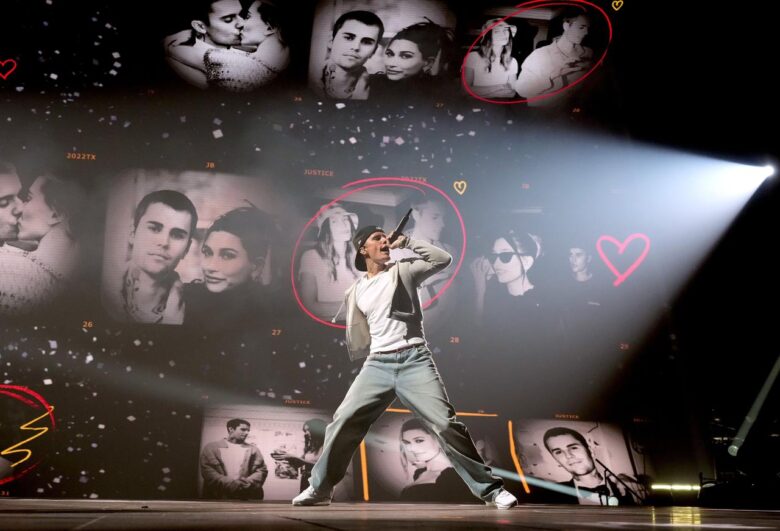
Justin sold a total of 291 songs released by December 31, 2021, including six studio albums from his debut album “My World” to his latest album “Justice,” to the U.S. investment firm Blackstone-funded Hipgnosis Songs Capital acquired the music publishing rights to those songs, as well as royalties and neighboring rights arising from the original recording rights, for $200 million.
Many fans may have been surprised that Justin, 28, sold the rights to most of the songs he has released in his career, but in fact, the trend of artists selling the copyrights to their songs has been rapidly increasing over the past few years.
Big-name artists are selling the copyrights to their songs.
While the $200 million price tag for Justin’s songs is extremely high, some of the other artists’ song copyrights that have been sold in recent years have fetched even higher prices.
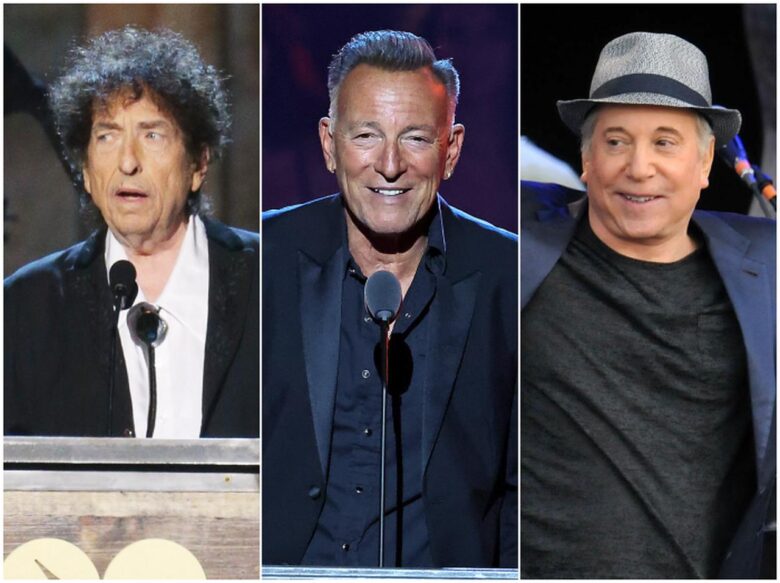
For example, when Bruce Springsteen, the American national singer known as “The Boss,” sold the copyrights to Sony Music Entertainment in 2021, the price was $550 million (approx. The New York Times described the deal as “possibly the biggest deal in history for one artist’s work.
In 2020, Bob Dylan sold the rights to more than 600 songs to Universal Music Publishing Group for $300 million to $400 million, and in 2021, Paul Simon of Simon & Garfunkel sold the rights to all of his songs to Sony Music Entertainment Inc. In 2021, Paul Simon of Simon & Garfunkel reportedly sold the rights to all of his songs to Sony Music Entertainment of the United States for $250 million (about ¥32.3 billion). As for the younger generation of artists, Justin Timberlake sold his rights to Hipgnosis Songs Capital for $100 million in May 2022, the same as Justin Bieber, and Shakira also sold her rights to Hipgnosis Songs Capital in January 2021, although the exact amount is not known. Shakira also reportedly sold her copyrights to Hipgnosis Songs Capital, also of the U.K., for several hundred million dollars in January 2021, although the specific amount is not known.
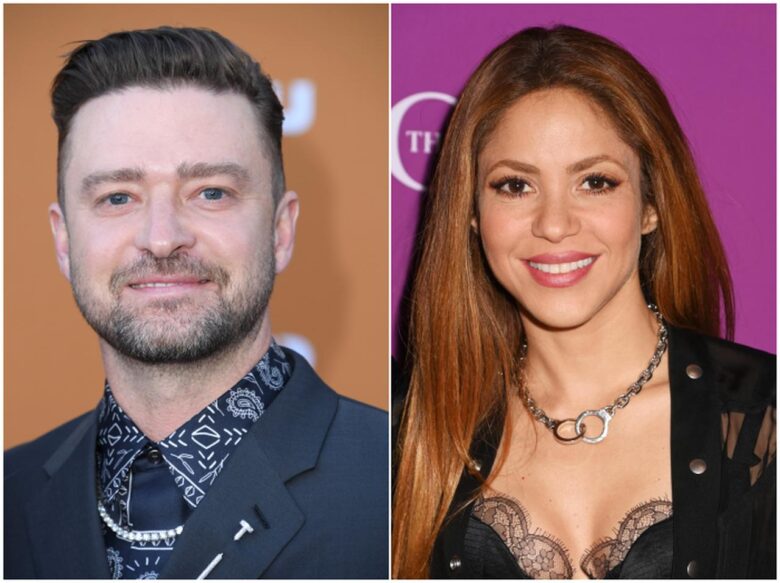
While acquiring the copyrights to songs has the advantage of allowing companies to receive royalties and other benefits from the songs, and for artists, there is the obvious benefit of receiving a large sum of money at once, there are a variety of reasons why artists are selling their copyrights one after the other.
Background behind the increasing number of artists selling their copyrights
One of the major reasons why artists have recently begun selling their copyrights, especially in the U.S., is for tax purposes. Morgan Stanley explains as follows. Profits from the sale of music rights are treated as capital gains, meaning that the maximum tax rate imposed on such gains is 20%. Royalties, on the other hand, are treated as ordinary income and are taxed at a maximum rate of 37%, depending on the income.
Since most popular musicians are high-income earners, they are all subject to the highest tax rate of 37% on ordinary income. In short, it is cheaper to sell a song at once and pay 20% in taxes than to pay 37% in taxes from royalties each time the song is played or used. In the case of Justin Bieber, the tax due on the sale of $200 million is $40 million (20%), but if he had earned $200 million in royalties, the tax due would be $74 million (37%). If he expects to earn the same amount, he can save $34 million (approximately ¥4.4 billion) in taxes by selling the property at one time.
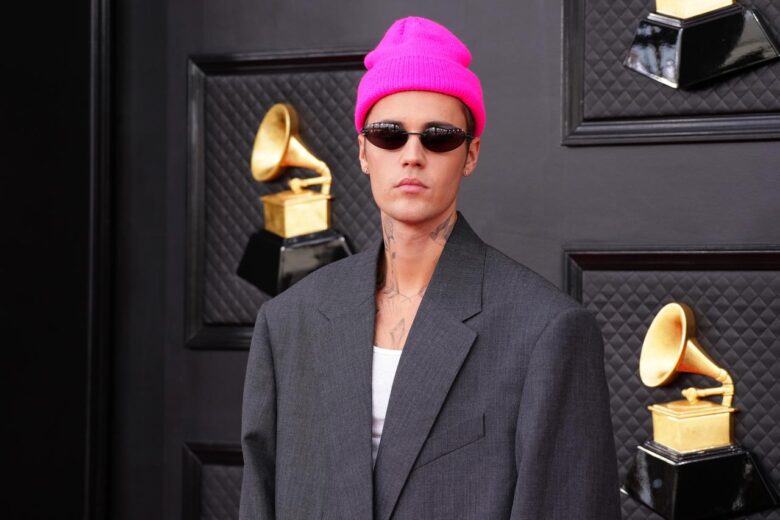
In addition, many artists have been unable to tour in the past few years due to the pandemic, and have lost a major source of income, which is also behind the sale.
Another aspect for artists who are approaching a relatively old age is that by converting their copyrights into cash, it will be easier for their children and families to inherit them when they pass away. Nick Mason, drummer for Pink Floyd, told Loudwire: “When I think about passing away, I think about the catalog. “In terms of passing away, there is the potential that selling the catalog would make the assets easier to handle in a lot of ways. Ultimately, I would also like to leave my children some money. (Leaving them the money) is a lot easier than 20 people arguing over how to handle the catalog.”
Is the 0 million price tag on Justin Bieber’s 291 songs high? Cheap?
This time, the price attached to the copyrights of Justin’s 291 songs is $200 million. Although it may not be immediately obvious whether this price is high or low, it is considered an “exceptional” price for a song by a 28-year-old artist who has only had a career for about 14 years.
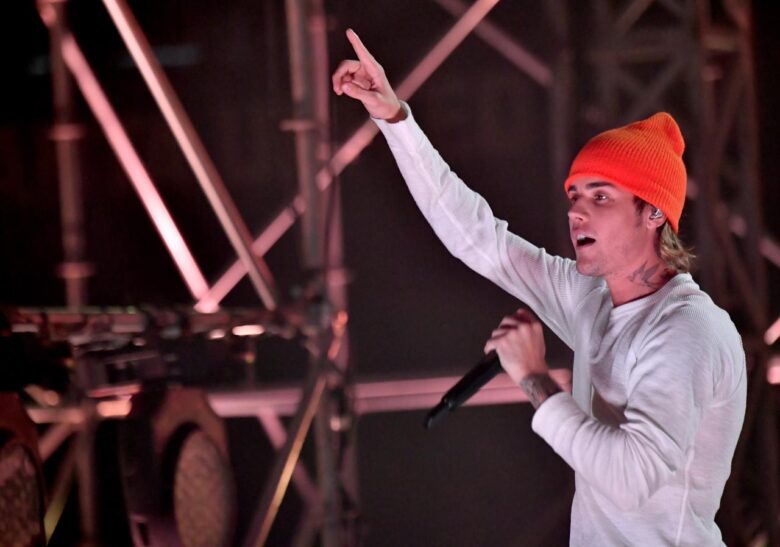
Merck Mercuriadis, founder of Hipgnosis Songs Capital, which acquired Justin’s copyrights, said in a statement: “Justin Bieber is a very special person. Justin Bieber’s impact on global culture over the past 14 years has been truly remarkable. He has energized the entire music industry, and with his loyal fans around the world, he has risen from a shocking teenage success to a culturally significant artist, and at just 28 years old, he has become one of the few absolute artists of this streaming era. This acquisition is among the largest deals ever made with an artist under the age of 70. With nearly 82 million listeners per month on Spotify alone, and 30 billion streams per month, that’s a tremendous amount of power.
Hipgnosis Songs Capital will own the copyrights to Justin’s songs from now on, but Universal Music Group will continue to own and manage the original recording rights. Of course, the sale of the rights to the songs through 2021 does not mean that Justin has parted ways with music, and manager Scooter Braun commented on the deal, “Justin’s greatness has only just begun.

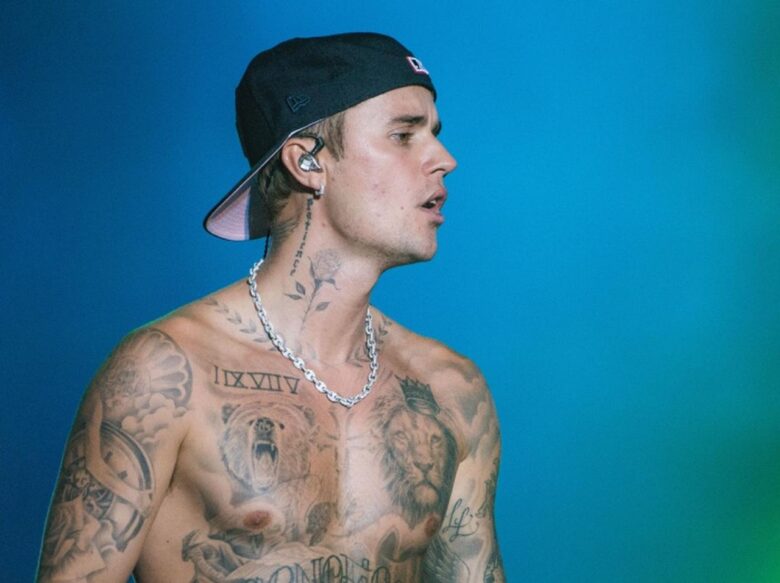
コメント